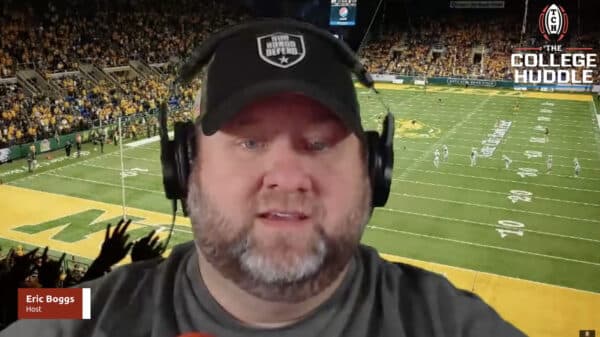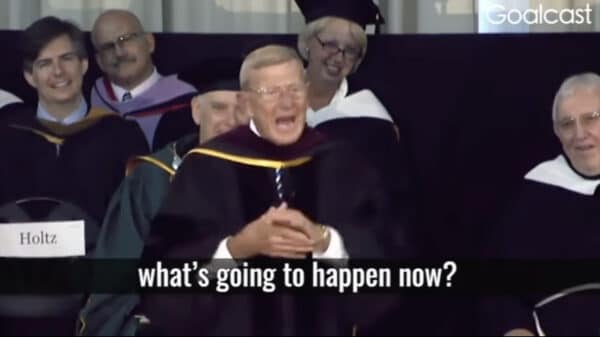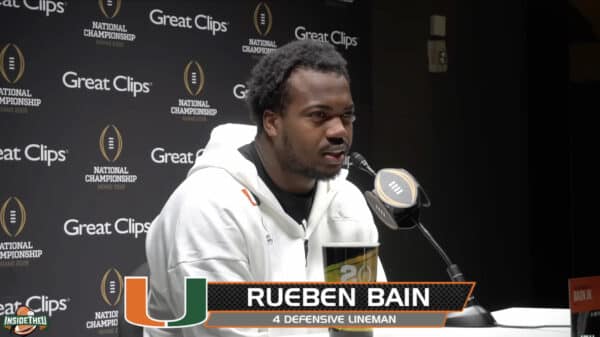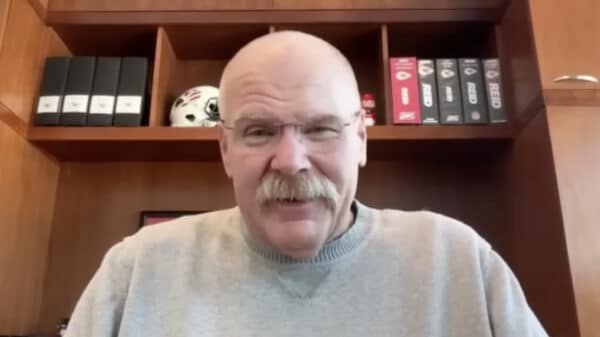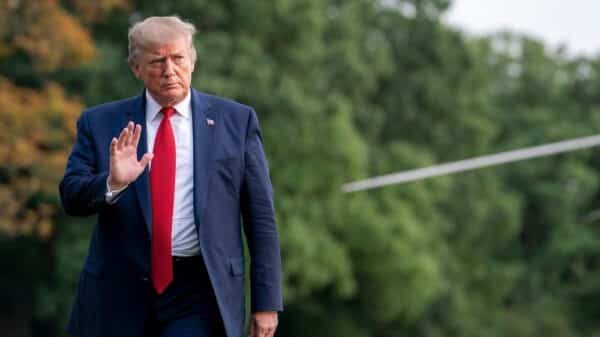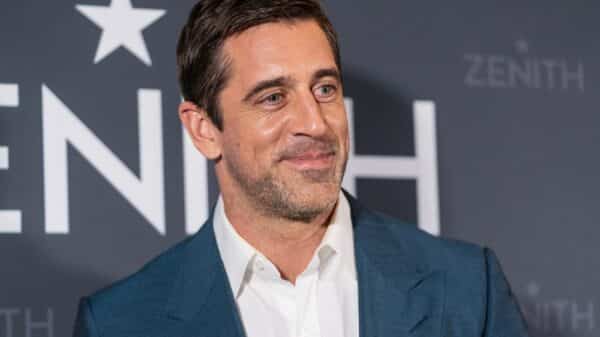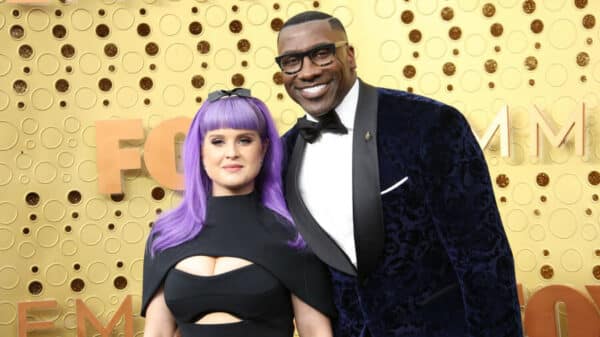Brittney Griner is stepping onto the court for her 13th season in the WNBA, a notable feat considering it should have been her 14th. Reflecting on her journey, it’s hard not to marvel at her resilience. Just a year ago, she was fighting for her freedom in a Russian prison, a harrowing ordeal that could have ended dramatically differently if the U.S. government hadn’t negotiated a prisoner exchange. The thought of Griner remaining behind bars, her freedom and basketball career hanging in the balance, is haunting.
In a recent revelation on Cam Newton’s podcast, Griner shared the intense details of her experiences leading up to the exchange. The process was far from straightforward or quick. She was transported from IK-2, a notorious women’s penal colony, to an unexpected holding place: a men’s prison in Moscow. Yet at that moment, any discomfort felt minor compared to the hope of finally tasting freedom again.
Unfortunately, the Russian authorities engineered the situation to assert their dominance. As part of the intake process, they subjected Griner to a degrading strip search in front of several men, a cruel move intended to strip away her dignity. “It felt like I was being treated like a circus animal,” she recalled. They documented her body with Polaroid photos, turning a grim situation into an exercise in humiliation.
“Getting traded took a while,” Griner explained. “I was transferred from the penal colony to a men’s prison for this process. I was aware of what was happening, but the way they treated me felt like their last attempt to instill fear. They had me stripped down in front of a room full of men, taking Polaroids while I spun around. It was terrifying.”
Eventually, a group of masked individuals—believed to be Russian special forces—came to escort her. They loaded her into a van and transported her to a hidden airfield, where she was flown to Abu Dhabi for the exchange. But even on the flight, the agony continued. The masked men jeered at her, making derogatory comments that targeted her sexuality. Despite the mockery, Griner focused on her goal: going home. She declined food, fearing it might be poisoned—even at that stage, paranoia loomed large.
When they finally landed in Abu Dhabi, a flicker of hope ignited within her. An American plane awaited her, a sight that momentarily filled her with peace. A U.S. official explained the details of the exchange, something she had longed for with every fiber of her being.
Then came that pivotal moment. As she stepped off the Russian aircraft, Viktor Bout, the arms dealer imprisoned by the U.S., emerged from the American plane. They exchanged brief words and a handshake, wishing each other well before going their separate ways.
Now safely within American custody, Griner took a moment to thank the Abu Dhabi officials who had helped orchestrate the deal. It was a brief pause, but one that solidified her resolve: she vowed never to leave U.S. soil again.
Even once she boarded the American plane, a sense of safety didn’t wash over her until the wheels touched down back home. Only then could she truly release a breath she felt she had been holding for far too long.
But the story of her release isn’t just about her personal struggle; it also raises important questions about ethics and priorities in international negotiations.
Many Americans were divided over the prisoner swap that secured Griner’s freedom. While some faced the issue with perspectives steeped in racism, misogyny, or homophobia, others raised profound concerns regarding Viktor Bout himself—an infamous arms trafficker, dubbed the “Merchant of Death.” U.S. authorities captured him during a 2008 sting operation in Thailand, leading to his conviction for conspiring to sell weapons worth millions, including military-grade armaments destined for conflict zones.
Critics also highlighted the absence of Paul Whelan in this exchange. A Marine veteran imprisoned in Russia on espionage charges since 2018, Whelan has consistently claimed his innocence. Many argued that the U.S. should have fought for Whelan’s inclusion in the swap, suggesting that Griner’s freedom came at too high a price.
Ultimately, while the deal accomplished its objective of bringing Griner home, it reopened a national dialogue about the complexities of diplomacy, human rights, and which lives are prioritized on the international stage. The challenges of navigating a high-stakes negotiation can weigh heavily, but it is stories like Griner’s that remind us of the personal impact these decisions have—and the enduring spirit of those who must endure.
Image Source: Brittney Griner @ Instagram



